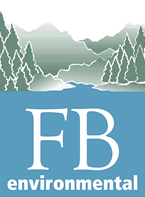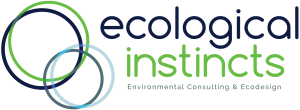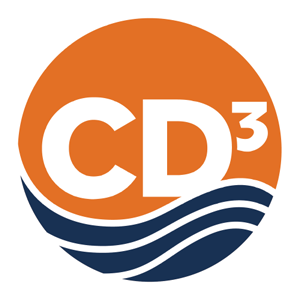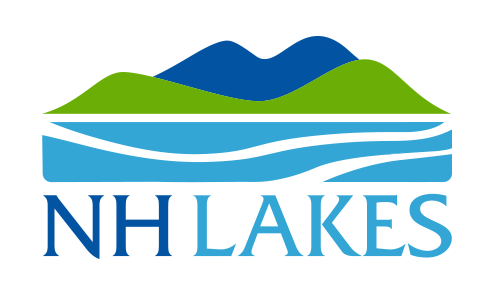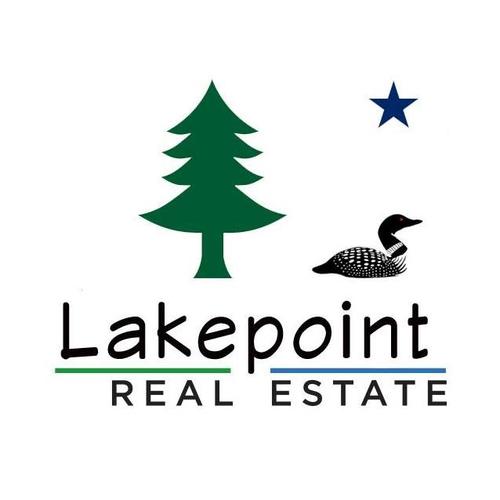2022 Maine lakes Conference: Celebrating 50 Years of the Clean Water act
The 52nd Annual Maine Lakes Conference once again was moved to a virtual format due to on-going COVID concerns. The theme for this year’s conference was Celebrating 50 Years of the Clean Water Act, and speakers spoke to topics that related to this ground-breaking legislation. The series will culminated with the Maine Lakes virtual annual meeting on Saturday, June 18th with a keynote speaker and messages from several special guests who have been involved with the Clean Water Act since its passage in 1972.
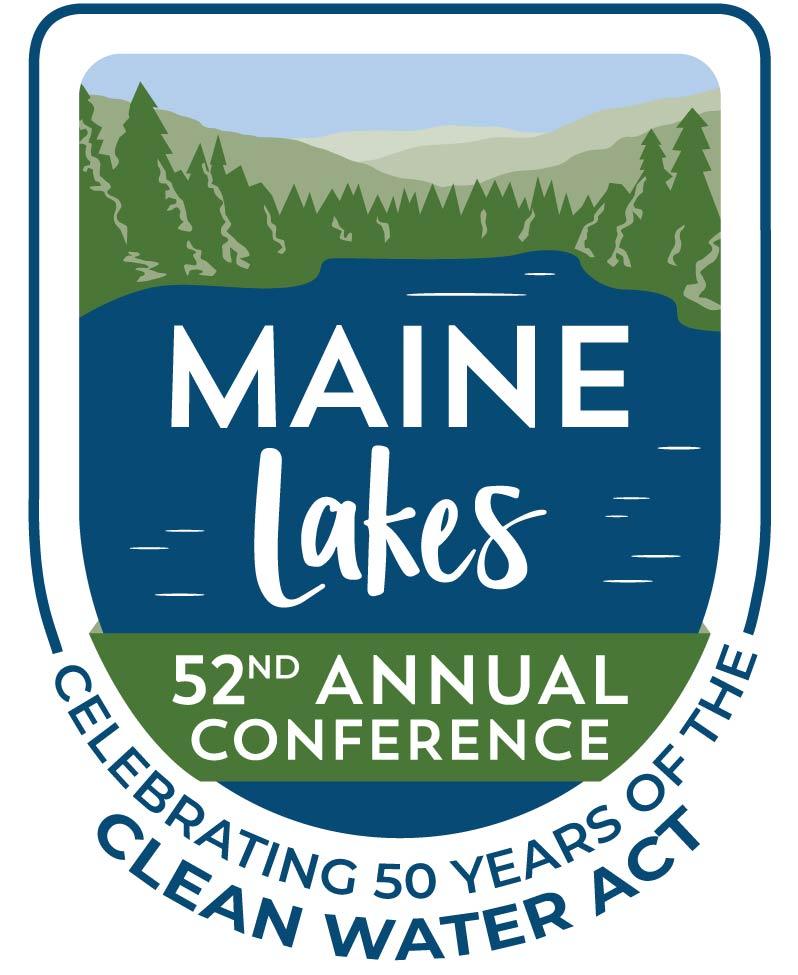
Join this webinar to hear more about a new effort in Maine to increase the number of loon chicks that survive on Maine’s lakes and ponds. This 5-year effort is funded by the US Fish and Wildlife Service through settlement funds from the 2003 Buzzard’s Bay oil spill in Massachusetts. Come learn about what this project will do, and how you can be involved. The project needs teams of volunteers all over the state to help with many different education, outreach, and management activities. To watch the recording, click HERE.
Join this webinar to hear about the impacts of road salt on lakes and ponds. Chris has worked with town managers, plow operators, and NY DOT over the last 10 years and has developed several pilot projects to reduce road salt in the Adirondacks, where drinking water wells downhill from state roads were showing large increases in sodium levels. Hear more about the dangers of excess salt on our roads, and methods that other states have used to reduce salt use while keeping roads safe. To watch the recording, click here.
Join Kiki Schneider of the EPA for a presentation about How's My Waterway. How’s My Waterway? provides the public with an easily accessible and understandable picture of water quality on three scales: community, state, and national. Communities use how my waterway to learn about their watershed. When a watershed is shown to have impairments or other issues, it inspires people to get involved to protect and restore their waterways. By displaying all this information visually it gives this data more perspective and transparency which results in the drive for change and innovation. How's My Waterway answers questions about aquatic life, eating fish, swimming, drinking water, restoration and protection. This briefing will focus on what information is available in How's My Waterway and how it can be used to inform citizens about their water. Click HERE to watch the recording.
Dan Kusnierz, Water Resources Program Manager for the Penobscot Indian Nation (PIN) will be giving a presentation about the work that the tribe is doing to protect and improve water quality of its lakes and ponds. Some of the topics that he will cover include:
- An overview of Penobscot tribal lands and waters in Maine
- Water quality monitoring of PIN lakes and ponds
- The tribe’s nonpoint source control program, with examples of BMPs
- A study of mercury levels in fish from PIN lakes and ponds
- Alewife/blueback herring restoration
- Tribal Water Quality Standards
To view the recording, click HERE.
Peter Hanrahan, of Hanrahan Environmental, will focus on shoreline stabilization solutions using natural solutions. Living shorelines are designed to work in harmony with nature to provide erosion control while improving both coastal habitat and aesthetic values. Working with nature as a partner, living shorelines provide a toolbox for more healthy and sustainable shorelines. To view the recording, click HERE.
The economic benefit of Great Ponds to Maine’s economy was first enumerated in a seminal 1995 study that estimated nearly $5 billion/year in direct and indirect sales and a net economic value of over $11 billion/year in today’s dollars. Much has changed for Maine lakes in the last 25 years. More invasives species, warmer temperatures and booms in lakeside real estate have all changed the economic picture. So what are the economic benefits of Maine’s Great Ponds in today’s dollars? Join University of Maine Resource Economist Adam Daignault and researcher Melissa Genoter to hear an update of a project seeking to update those values, and their exploration of additional ways to enumerate the values of Maine’s lakes. To view a recording of the webinar, click HERE.
Building on the findings of the Community-Based Environmental Learning Census 2019, recent discussions have focused on what concepts are necessary for individuals and communities to learn, in order to select actions that protect the land and water of our watersheds. What are the next steps and how can lake associations be involved? Hosted by Tamara Whitmore, Friends of the Cobbossee Watershed, and Susan Gallo, Executive Director of Maine Lakes. Click HERE to watch the recording.
Habitat in the shallow areas of lakes is important for all lake life, but it can be degraded by loss of shoreland vegetation and poorly managed human development on lakeshores. We have developed methods to determine what natural shallow water habitat looks like in Maine lakes, and measure how it is affected by human-induced activities along lakeshores. These surveys will help to determine which lakes need the most shoreland rehabilitation to help support healthy habitat. This presentation will discuss how those surveys are conducted and what the results mean for lakes in Maine. To view the recording, click HERE.
We all live in a watershed, and our human footprints impact them all. Join us for a living history of the state of water quality in Maine by aquatic biologist Matt Scott. Matt will focus on the history of Maine’s polluted waterways based on past records and deep personal and work history. The beginning of this living history perhaps dates back to the industrial revolution with Maine’s recovery from the great depression and World War II. Water quality degradation of our aquatic environment continued and it took decades for this problem to become evident and influence public policy. During this time, Maine’s major rivers (St John, Penobscot, Kennebec, Androscoggin, Presumpscot, Saco and their major tributaries) were heavily impacted by pollution. However, with the passage of the Clean Water Act (CWA) in 1972, led by Maine Senator Ed Muskie, things were set to change for the better. We made progress in lake protection and river and stream water quality improvement, beginning with treatment of major municipal and industrial waste We also saw the adoption of biological with narrative and numerical standards developed by the Maine Dept. of Environmental Protection’s Biological Division led by David Courtemanch and his staff. From 2005-2015, Maine was able to demonstrate how far it had come with a new classification system and mapping of those waters that have been protected by revised and new water quality standards. To watch the recording, click HERE.
Did you miss any of the presentations from our first Wedneday Webinar series in 2020 or 2021. If so, you're in luck. For videos from our 2020 series, click HERE; and for videos from 2021, click HERE.
Webinar Sponsors
Thank you to Aquarius Systems, CD3 Systems, Ecological Instincts, FB Environmental, Gross, Minsky & Mogul, P.A., Hammond Lumber, Lakepoint Real Estate, NH Lakes and North Maine Woods for their generous financial support that helps us bring this webinar series to you at no cost.
If your business would like to sponsor any of the upcoming webinars, please email info@lakes.me. Thank you!

